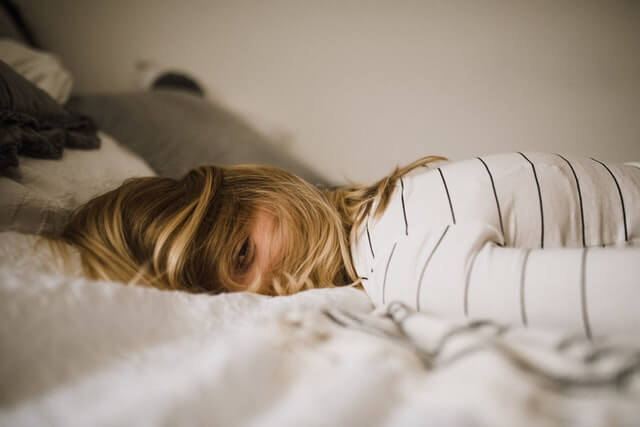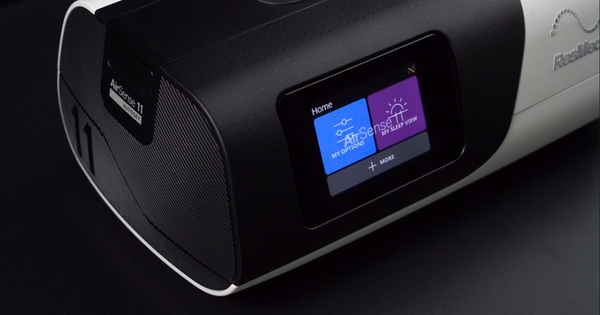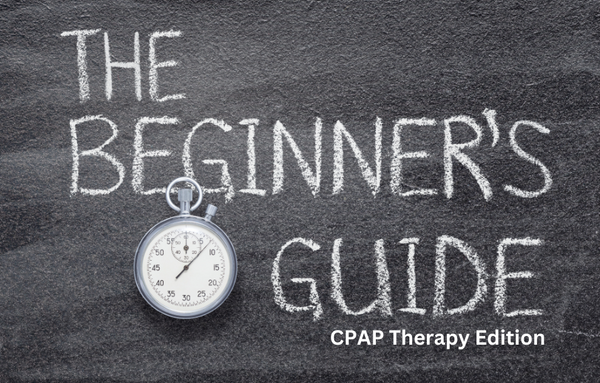Sleep And Stress: How Cortisol Affects Our Sleep Quality
giugno 26, 2020

Sleeping well each night not only means that you can wake up feeling refreshed the next day, but it can also decrease inflammation, stress and mental health concerns. Yet, what happens when stress and anxiety levels are so high that it’s impossible to sleep at night?
In this article, we are going to look at the effects that stress has on the body and our ability to sleep, whether it can make Sleep Apnea worse and the top stress management techniques that everyone should be practising daily.
Sleeping In A Time Of Stress: What Effect Does It Have On The Body?
People of all ages feel stressed at one point or another on a regular basis. Whether it is due to financial concerns, a heavy workload or other personal reasons. While low levels of stress can be beneficial for us, when experienced on a chronic basis, it does the exact opposite.
The times that we are living in at the moment are taxing. The COVID-19 pandemic has caused many people to experience an increase in their anxiety and stress levels. Daily schedules have been shaken up and our “normal lives” have been paused without any indication as to when or how they may look going forward. This lack of daily structure and uncertainty for the future can play havoc on our nervous system and our sleep hygiene.
Sleep and stress levels go hand in hand. It makes sense - you lie in bed mulling over your worries making it impossible to relax and fall asleep. But what exactly happens in the body to make this happen?
When you are experiencing a period of stress, cortisol levels increase in the body. These chemicals then directly impact the sleep-wake cycle (circadian rhythm) in our brains which increases fragmented sleep and may lead to the onset of insomnia. As stress levels are regulated while we are in deep sleep, without entering this phase our cortisol levels continue to rise. This then leads to sleep deprivation which increases our feelings of worry and anxiety the next day.
The more stressed and anxious you feel, the harder it will be to fall asleep. And so the cycle of poor sleep quality continues.
Can Stress And Anxiety Aggravate Sleep Apnea And Vice Versa?
Many sleep specialists have looked at the link between stress, anxiety and Sleep Apnea. While there is no defining evidence to suggest that stress has the ability to cause Sleep Apnea, it can certainly make it worse.
If you are an existing Sleep Apnea patient and have been feeling more anxious lately, it is important to identify how this is affecting your sleep quality. As increased stress leads to sleep fragmentation, this in combination with apneic events can have negative impacts on Sleep Apnea therapy.
But that’s not all. We need to look at both sides of the coin here.
Sleep disorders such as Obstructive Sleep Apnea (OSA) have been linked to the development of anxiety in patients. When left untreated, apneic episodes cause our sleep to become disrupted which adds to our sleep debt. This debt or lost sleep makes it more difficult for our bodies to cope with stress and can alter a person’s thinking pattern and mood.
The symptoms experienced by untreated OSA such as sweating, restlessness, fatigue and lack of concentration are all indicators of anxiety suggesting that those two conditions are intrinsically linked.
Top Stress Management Tips To Improve Sleep Hygiene
Now that we know the powerful link between sleep and stress, it’s time that we put measures in place to reduce anxiety and improve our sleep hygiene.
Having a relaxing routine in the lead up to bedtime is key here. We need to practise activities that are focused on improving our mental health and foster self-care. If you feel that your stress levels are highest towards the end of the day, try some of the following sleep hygiene tips:
- Aromatherapy - Using essential oils in the lead up to going to bed can be very helpful in soothing your body and mind. Scents such as lavender and chamomile are known for their calming and relaxing properties.
- Yoga and meditation - Carving out time to do some yoga or trying meditation practices can be beneficial in allowing your mind to slow down. The breathing techniques that are used in these practices are focused on bringing your attention inwards to mitigate and relieve stress.
- Take a warm bath - Stress and anxiety involve not only emotional tension but physical too. Having a warm bath with epsom salts can be a great way to relieve muscle tension before going to sleep.
- Turn off all digital devices - Scrolling through social media and checking your email notifications every 5 minutes won’t make your stress go away. Turn off all digital devices approximately 2 hours before bedtime.
- Do something that you enjoy - When we’re stressed and anxious, we are more prone to ignoring those activities that bring us happiness and joy. Whether it is painting, reading or playing a musical instrument, all of this helps to reduce stress and improve how you are feeling. Make time for yourself each day and put your happiness first.
If after trying these sleep hygiene tips your stress and anxiety levels are still disrupting your sleep, make sure to reach out to a physician right away. Stress can have huge impacts on our physical and mental wellbeing so it is always vital to speak with a professional if you are struggling.
Share:
Leave a comment
Comments will be approved before showing up.



